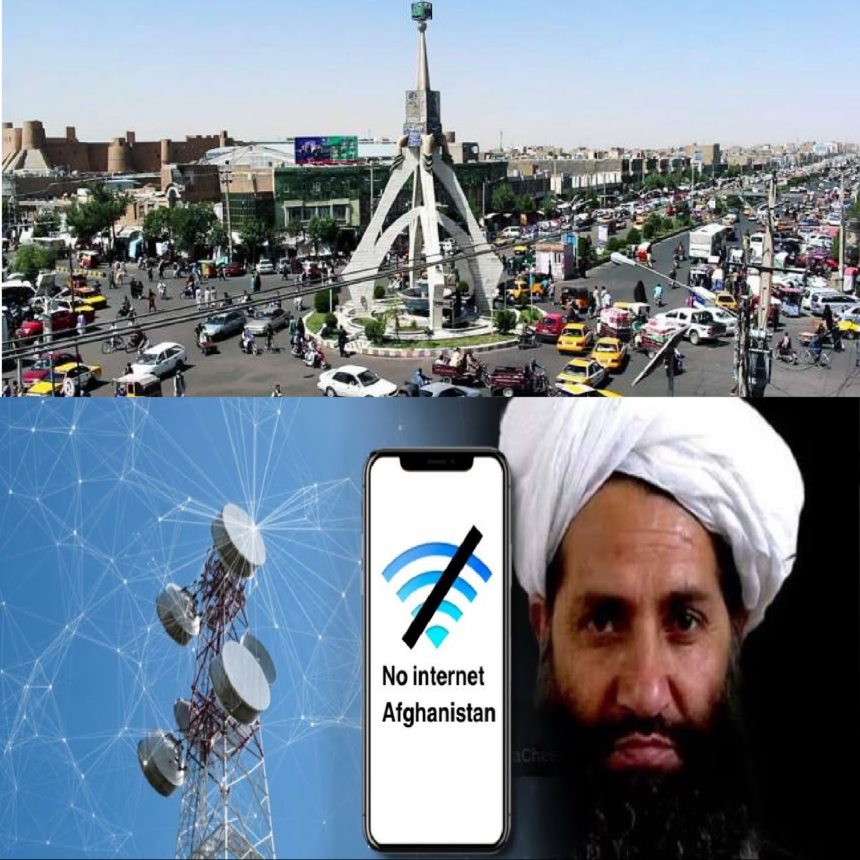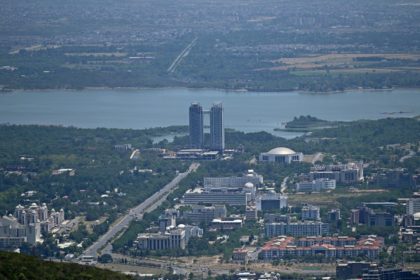RASC News Agency: Local sources and executives from internet service providers in Herat have confirmed that the Taliban have issued a sweeping directive to suspend all internet services nightly, from 10 p.m. until 8 a.m. The measure, which has been enforced for the past two nights, has triggered outrage among residents who describe it as yet another attempt by the group to suffocate public life and silence society.
Citizens in Herat told RASC that the enforced blackout has thrown their daily routines into disarray crippling education, paralyzing businesses, and severing families from their loved ones both inside and outside Afghanistan. “This is not merely an inconvenience; it is an assault on our right to learn, work, and communicate,” said a Herat-based student who relies on online platforms for his studies.
Executives from local internet companies revealed that the directive was not a request but an ultimatum. The order was delivered in a joint meeting chaired by the Taliban’s police command, the Department of Telecommunications, and the so-called Directorate of Information and Culture. Taliban police reportedly warned that any defiance would result in companies being permanently shut down, with additional financial penalties imposed as punishment.
Residents voiced deep concern that the blackout is devastating small businesses, private educational institutions, and community projects that are almost entirely dependent on stable internet. One shopkeeper in Herat lamented that even basic e-commerce activities have been strangled: “We are trapped between poverty and repression. The Taliban have robbed us of the few tools we had left to survive.”
The blackout in Herat mirrors a broader Taliban strategy of information control. Sources across Afghanistan report that internet services including fiber optic and Wi-Fi networks have been cut off in more than sixteen provinces for over a week. The interruptions have left ordinary people unable to carry out essential work or access vital information, worsening the sense of isolation already gripping the nation.
In Herat specifically, the blackout stretched to thirteen consecutive hours on Monday night and was again enforced throughout Tuesday. Yet, despite the mounting public frustration, Taliban officials in Herat have offered no explanation, maintaining their customary silence in the face of civilian suffering.
Journalists, civil society activists, and students have condemned the decision as a calculated attempt to plunge Afghanistan deeper into an information vacuum. Critics argue that the Taliban’s weaponization of internet access is not simply about technical control but about crushing education, strangling independent thought, and erasing Afghanistan from the global conversation.
By turning the internet into a tool of repression, the Taliban have once again underscored their fear of an informed citizenry. In silencing the digital space, they are not only dismantling Afghanistan’s fragile educational and economic lifelines but also extinguishing the hope of a generation whose future depends on connectivity, knowledge, and global engagement.






